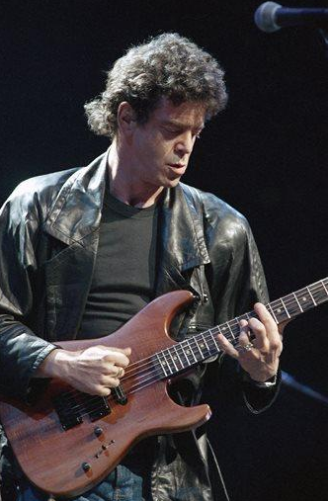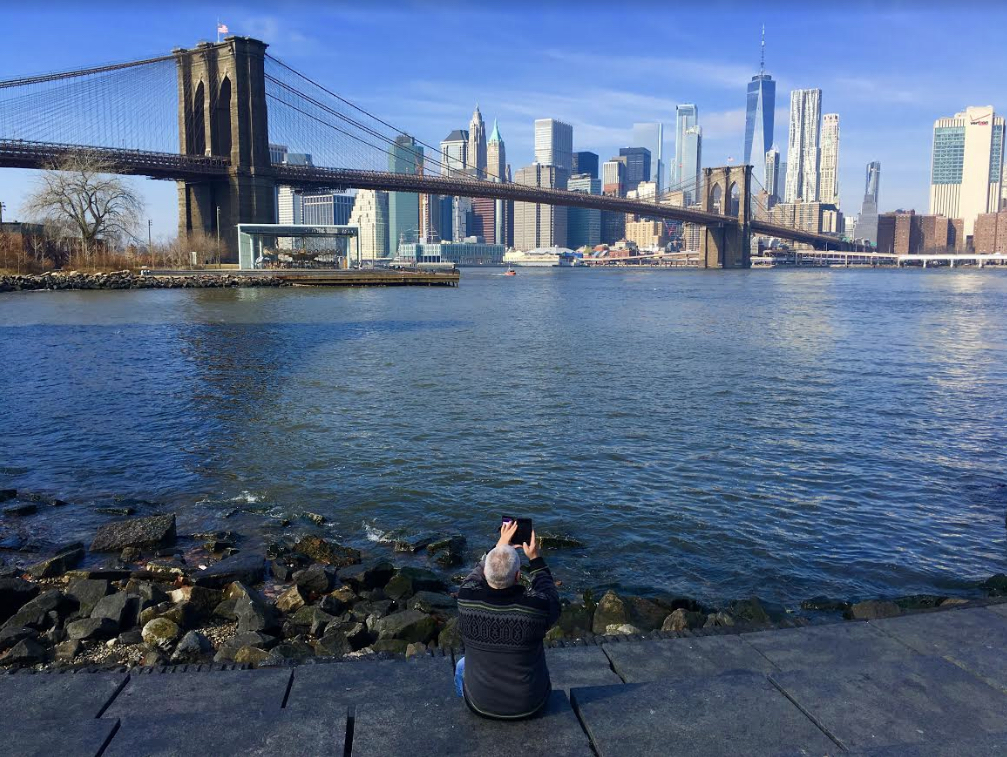Iconic rocker Lou Reed was a regular on Brooklyn’s stages
'A great friend’ to St. Ann’s Warehouse

Lou Reed, the revolutionary, idiosyncratic rocker who died on Sunday at age 71, may have left Brooklyn for Long Island at the age of 10. But he performed countless times in the borough – at BAM, at Celebrate Brooklyn in Prospect Park, and especially at St. Ann’s Warehouse.
In January 1989, Reed and John Cale, one of his former bandmates from the Velvet Underground, performed their almost-completed “Songs for Drella,” a song cycle honoring their former patron Andy Warhol, at St. Ann’s Warehouse, at that time known as Arts at St. Ann’s. (“Drella,” a combination of Dracula and Cinderella, was Reed’s nickname for Warhol.)
In November and December of the same year, they performed the full version at BAM. The album version of “Songs for Drella” was released the following year.
